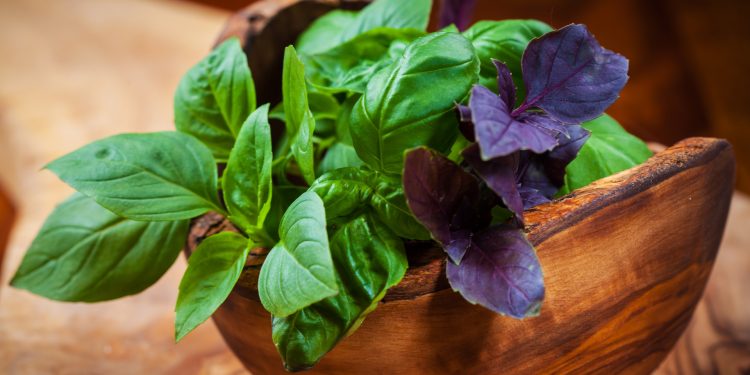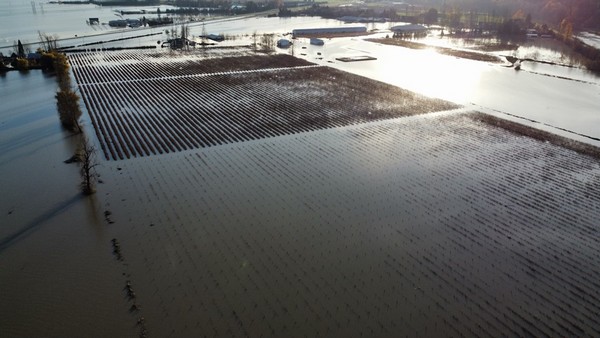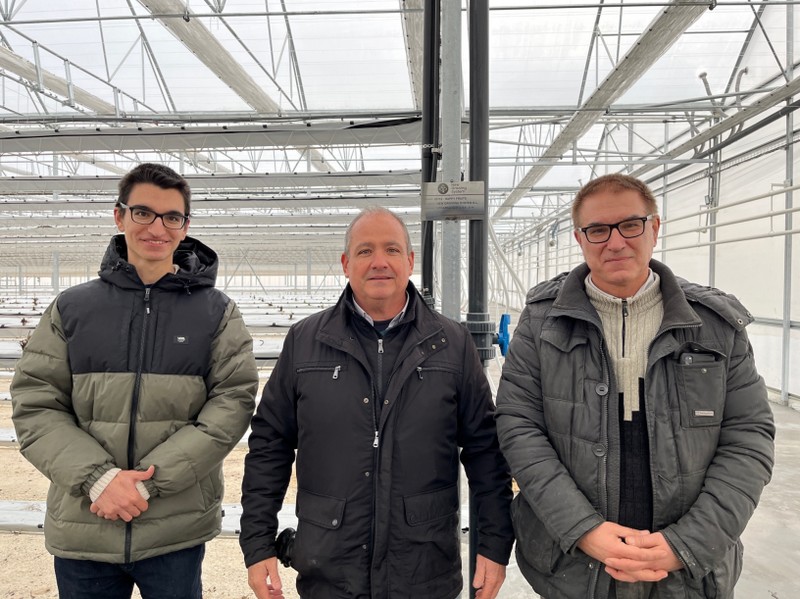This article provides the latest data and insights on growing Basilicum, also known as Basil, for farmers, agronomists, agricultural engineers, and farm owners. Readers will learn about best practices to optimize yield and quality, as well as the consequences of poor cultivation techniques.
Basilicum, a member of the mint family, is a popular herb that is widely used in culinary and medicinal applications. According to the Food and Agriculture Organization of the United Nations (FAO), basil is grown in over 100 countries worldwide and is an essential source of income and nutrition for many farmers and households. In 2021, global basil production reached over 3.7 million metric tons, with the majority of the crop coming from countries such as India, Egypt, and Italy.
To achieve optimal yield and quality, farmers and agronomists must carefully consider factors such as soil fertility, irrigation, pest and disease control, and harvesting methods. For example, a study by the International Journal of Agriculture and Biology found that basil plants grown in soil supplemented with organic matter had significantly higher essential oil content and antioxidant activity compared to those grown in standard soil conditions. In addition, proper irrigation and fertilization management can help prevent nutrient deficiencies and water stress, which can reduce plant growth and yield.
However, poor cultivation techniques can have negative consequences on both yield and quality. For instance, overwatering or poor drainage can lead to root rot, while inadequate pest and disease control can result in lower yield and poor product quality. Moreover, using chemical pesticides and fertilizers without proper knowledge and precautions can lead to harmful residues in the product and environmental pollution.
In conclusion, growing basilicum can be a profitable and rewarding endeavor for farmers and agronomists. By following best practices for cultivation, including soil management, irrigation, and pest and disease control, farmers can optimize yield and quality and avoid negative consequences. Furthermore, implementing sustainable cultivation techniques can contribute to environmental protection and social welfare, ensuring a bright future for basil production worldwide.
#Basil #Agriculture #Farming #Agronomy #Sustainability #SoilManagement #Irrigation #PestControl #QualityControl










